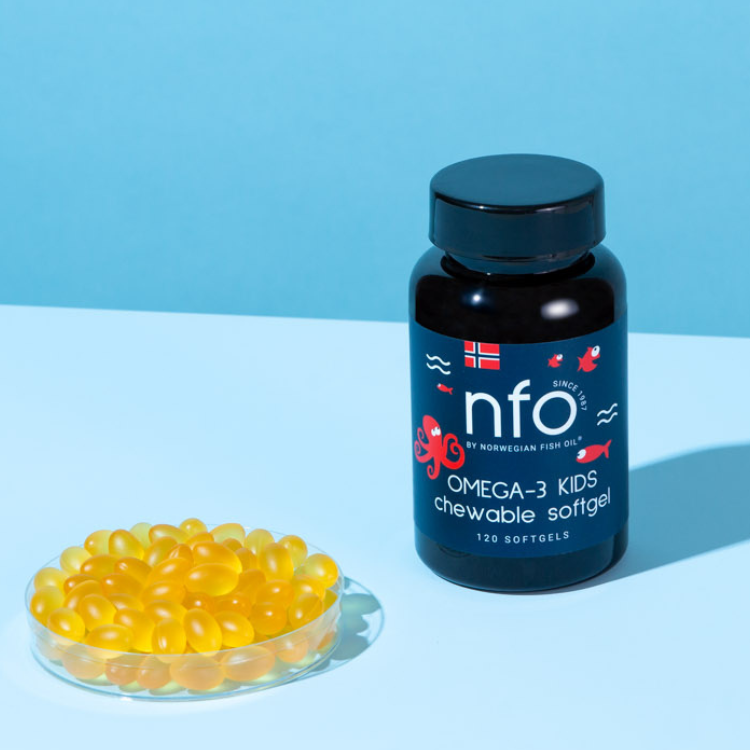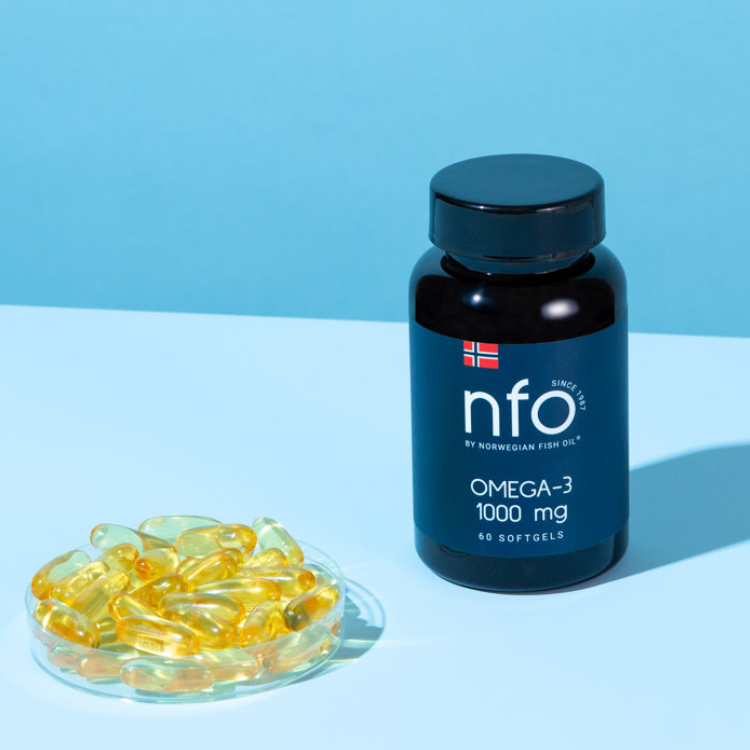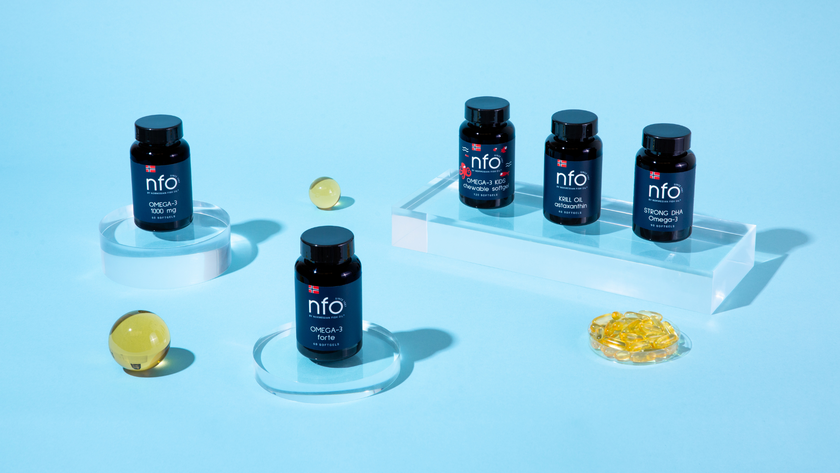Understanding Prostate Health
The prostate gland grows as men age, which can lead to various health conditions. Benign prostatic hyperplasia (BPH), an enlarged prostate, is one of the most common issues. According to the National Institutes of Health, BPH affects approximately 50% of men aged 51–60 and up to 90% of men over 80 (Roehrborn, 2005). While BPH is not cancerous, its symptoms—frequent urination, weak urine flow, and discomfort—can impact quality of life.
Prostate cancer is another concern. It is one of the most common cancers in men, with risk factors including age, family history, and ethnicity. Chronic prostatitis, or inflammation of the prostate, is also a prevalent condition that can cause significant discomfort (Krieger et al., 2008).
The Role of Diet and Lifestyle
Dietary and lifestyle factors significantly influence prostate health. A diet rich in fruits, vegetables, whole grains, and healthy fats is associated with a lower risk of prostate issues. Lycopene, an antioxidant found in tomatoes, and cruciferous vegetables like broccoli have been linked to better prostate health (Chen et al., 2012).
Regular physical activity and maintaining a healthy weight are equally important. Obesity has been associated with an increased risk of BPH and prostate cancer progression (Freedland et al., 2004).
Supplements and Prostate Health
The market for prostate health supplements is vast, offering products that claim to support prostate function, alleviate symptoms of BPH, and even reduce cancer risk. However, it is essential to approach these claims critically and rely on evidence-based information.
1. Saw Palmetto
Saw palmetto is one of the most popular supplements for prostate health. It is derived from the fruit of the Serenoa repens plant and is commonly used to alleviate BPH symptoms. Several studies have evaluated its effectiveness, with mixed results.
A meta-analysis found that saw palmetto might improve urinary symptoms and flow rates, although the effects were modest (Tacklind et al., 2012). Another large-scale study, however, concluded that saw palmetto was no more effective than a placebo (Barry et al., 2011). The variability in results may stem from differences in supplement formulations and dosages.
2. Beta-Sitosterol
Beta-sitosterol is a plant sterol found in fruits, vegetables, nuts, and seeds. It has been shown to improve urinary symptoms and flow measures in men with BPH. A systematic review reported significant improvements in symptom scores and urinary flow rates in men taking beta-sitosterol supplements (Wilt et al., 1999).
3. Pygeum
Extracted from the bark of the African cherry tree, pygeum has been used traditionally to treat urinary problems. Research suggests it may reduce nocturia (nighttime urination) and improve overall symptoms of BPH (Ishani et al., 2000).
4. Zinc
Zinc is an essential mineral that plays a role in prostate function. Studies have shown that the prostate gland contains high concentrations of zinc, and deficiencies may contribute to prostate issues. Zinc supplementation has been studied for its potential to reduce inflammation and support prostate health (Costello & Franklin, 2006).
5. Lycopene
Lycopene, a carotenoid with potent antioxidant properties, has been linked to a reduced risk of prostate cancer. A review of epidemiological studies found that higher lycopene intake is associated with a lower risk of prostate cancer (Giovannucci, 2002). However, more research is needed to determine the effectiveness of lycopene supplements versus dietary intake.
6. Omega-3 Fatty Acids
Omega-3 fatty acids, commonly found in fish oil, have anti-inflammatory properties. Some studies suggest that a higher intake of omega-3s may be associated with a reduced risk of prostate cancer progression (Cockbain et al., 2012). However, findings remain inconclusive, with some studies indicating no significant benefit.
7. Green Tea Extract
Green tea is rich in catechins, antioxidants that may support prostate health. A study found that men with high-grade prostatic intraepithelial neoplasia (a precancerous condition) who consumed green tea catechins had a lower likelihood of developing prostate cancer (Bettuzzi et al., 2006).
8. Vitamin D
Vitamin D plays a crucial role in cellular health and immune function. Deficiency has been linked to an increased risk of prostate cancer. While some studies suggest that vitamin D supplementation may have protective effects, more robust evidence is needed to establish its role in prostate health (Schwartz & Skinner, 2007).
Limitations and Considerations
While supplements may offer benefits, they are not a substitute for a healthy diet and lifestyle. It is crucial to consult a healthcare professional before starting any supplement regimen, as some products may interact with medications or have side effects.
Additionally, the supplement industry is not strictly regulated in many countries, which can lead to variability in product quality. Choosing reputable brands that adhere to rigorous testing standards is essential.
Evidence-Based Recommendations
Based on the current body of research, here are some practical tips for supporting prostate health:
- Adopt a Balanced Diet: Focus on whole, nutrient-rich foods, including plenty of fruits, vegetables, whole grains, and lean proteins. Incorporate foods rich in lycopene and omega-3s.
- Stay Active: Engage in regular physical activity to maintain a healthy weight and reduce inflammation.
- Consider Targeted Supplements: Supplements like saw palmetto, beta-sitosterol, and pygeum may help alleviate BPH symptoms. Consult a healthcare provider for personalized advice.
- Monitor Micronutrient Intake: Ensure adequate levels of zinc and vitamin D through diet or supplements if needed.
- Stay Informed: Keep up with the latest research to make informed decisions about supplements and lifestyle practices.
Conclusion
Prostate health is a critical aspect of men’s overall well-being, particularly as they age. While supplements can play a supportive role, they should complement—not replace—a healthy diet and lifestyle. Scientific evidence provides a nuanced view of the effectiveness of various supplements, underscoring the importance of evidence-based decision-making. By adopting a proactive approach and seeking professional guidance, men can take meaningful steps toward maintaining optimal prostate health.
References
- Barry, M. J., et al. (2011). “Effect of increasing doses of saw palmetto extract on lower urinary tract symptoms: a randomized trial.” JAMA, 306(12), 1344-1351.
- Bettuzzi, S., et al. (2006). “Green tea polyphenols for prostate cancer prevention: a randomized, double-blind, placebo-controlled study.” Cancer Research, 66(2), 1234-1240.
- Chen, L., et al. (2012). “Cruciferous vegetables and prostate cancer risk: a meta-analysis.” Asian Pacific Journal of Cancer Prevention, 13(12), 4903-4911.
- Cockbain, A. J., et al. (2012). “Omega-3 polyunsaturated fatty acids as potential chemopreventive agents for the secondary prevention of cancer.” Prostaglandins, Leukotrienes and Essential Fatty Acids, 87(1), 1-12.
- Costello, L. C., & Franklin, R. B. (2006). “Zinc is decreased in prostate cancer: an established relationship of prostate cancer and zinc.” Inorganic Biochemistry, 102(3), 370-376.
- Freedland, S. J., et al. (2004). “Obesity and prostate cancer progression among men treated with radical prostatectomy.” The Journal of Clinical Oncology, 22(19), 3992-3998.
- Giovannucci, E. (2002). “Lycopene and prostate cancer risk.” Proceedings of the Society for Experimental Biology and Medicine, 227(10), 940-944.
- Ishani, A., et al. (2000). “Pygeum africanum for the treatment of patients with benign prostatic hyperplasia: a systematic review and quantitative analysis.” American Journal of Medicine, 109(8), 654-664.
- Krieger, J. N., et al. (2008). “Epidemiology of prostatitis.” International Journal of Antimicrobial Agents, 31(Suppl 1), S85-S90.
- Roehrborn, C. G. (2005). “Benign prostatic hyperplasia: an overview.” Reviews in Urology, 7(Suppl 9), S3-S14.
- Schwartz, G. G., & Skinner, H. G. (2007). “Vitamin D status and cancer: new insights.” Current Opinion in Clinical Nutrition & Metabolic Care, 10(1), 6-11.
- Tacklind, J., et al. (2012). “Serenoa repens for benign prostatic hyperplasia.” Cochrane Database of Systematic Reviews, 12, CD001423.
- Wilt, T. J., et al. (1999). “Beta-sitosterols for benign prostatic hyperplasia.” Cochrane Database of Systematic Reviews, 3, CD001043.









